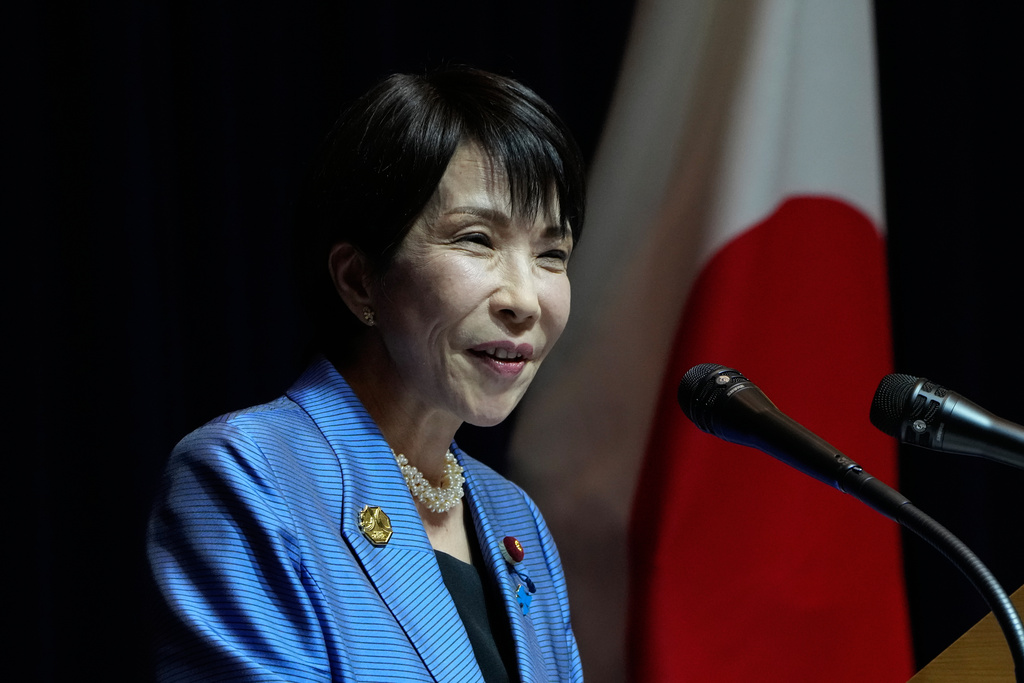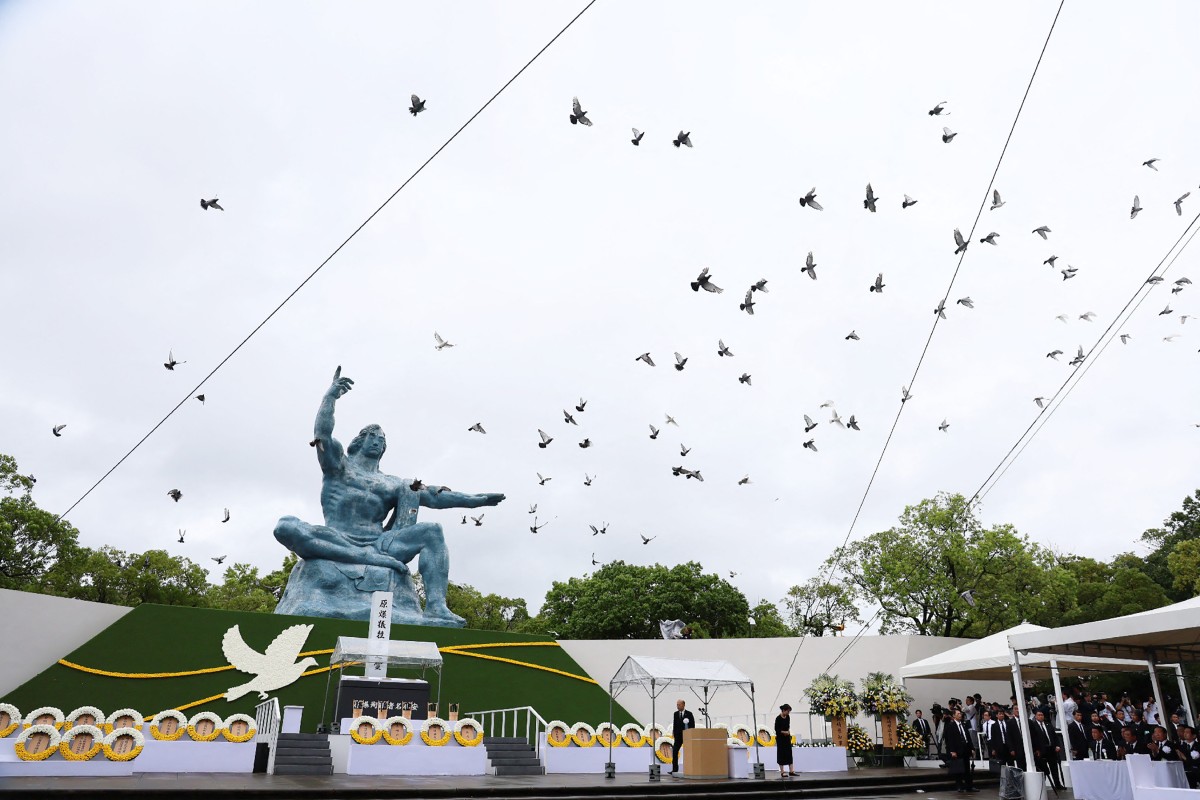
TOKYO - Japanese Prime Minister Sanae Takaichi recently avoided stating in parliament whether her defense and security policies would adhere to the country's long-held non-nuclear weapons principles, hinting at the possibility of abandoning them, while senior officials have even claimed that they do not rule out the introduction of nuclear submarines.
Such dangerous rhetoric by the current Takaichi administration revives Japan's militaristic past and has raised strong concerns and dissatisfaction from the peace-loving people at home, as well as the international community.
During a recent Lower House Budget Committee hearing, Takaichi told opposition lawmakers that, as her government gears up to revise the country's key national security documents by the end of 2026, "it is not yet at the stage" where she could "definitively state" that the wording of the Three Non-Nuclear Principles that Japanese administrations have followed for decades would remain the same.
The Three Non-Nuclear Principles, not possessing, not producing and not allowing the introduction of nuclear weapons into Japanese territory, were first declared in the Diet, Japan's parliament, by then Japanese Prime Minister Eisaku Sato in 1967 and viewed as a national credo.
Meanwhile, in updating Japan's three security documents, last revised in 2022, Takaichi was considering reviewing the third non-nuclear principle, which prohibits Japan from hosting nuclear weapons, according to Kyodo News.
Takaichi believes that not permitting the introduction of nuclear arms could hinder port calls by US nuclear-armed vessels, therefore weakening US nuclear deterrence, Kyodo News reported, citing government sources.
A potential review of the principles will represent a significant and negative shift in Japan's post-war security doctrine, which is certain to draw domestic and international backlash as it runs counter to the country's pacifist Constitution and the efforts to pursue a world without nuclear weapons.
ALSO READ: Japan's main opp party head urges govt to uphold non-nuclear principles
Calling for the country's non-nuclear weapons principles to be upheld, former prime minister Yoshihiko Noda said Saturday that Japan should "take the lead in spreading the idea (of nuclear abolition) to the world".

Noda, who heads the main opposition Constitutional Democratic Party of Japan, warned that there are efforts against abolishing nuclear weapons in the international community, 80 years after the atomic bombings of Hiroshima and Nagasaki.
An editorial published in the Japanese newspaper Asahi Shimbun pointed out that as a country that suffered atomic bombings, Japan has positioned the Three Non-Nuclear Principles as a national policy, which has long received widespread support from the Japanese people.
Japan must avoid changing the decades-old principles, as doing so could fuel a nuclear arms race and undermine its stance in calling for the abolition of nuclear weapons, the editorial said.
Takaichi should understand that the policy of adhering to the Three Non-Nuclear Principles can not be rashly changed by the hasty judgment of the prime minister, it added.
In recent years, Japan has significantly adjusted its security policy, increasing its defense budget year by year, relaxing restrictions on arms exports, seeking to develop offensive weapons, and straying further down the wrong path of military expansion.
Yet still, the National Security Strategy, one of the three security documents approved by the Cabinet in 2022, states, "The basic policy of adhering to the Three Non-Nuclear Principles will remain unchanged in the future."
Journalist Yujin Fuse, an expert in the national security field, told Xinhua in a recent interview that Takaichi's stance is inconsistent with Japan's long-standing official position, which will further escalate regional tensions. He hopes the government will take measures to ease tensions as soon as possible.


